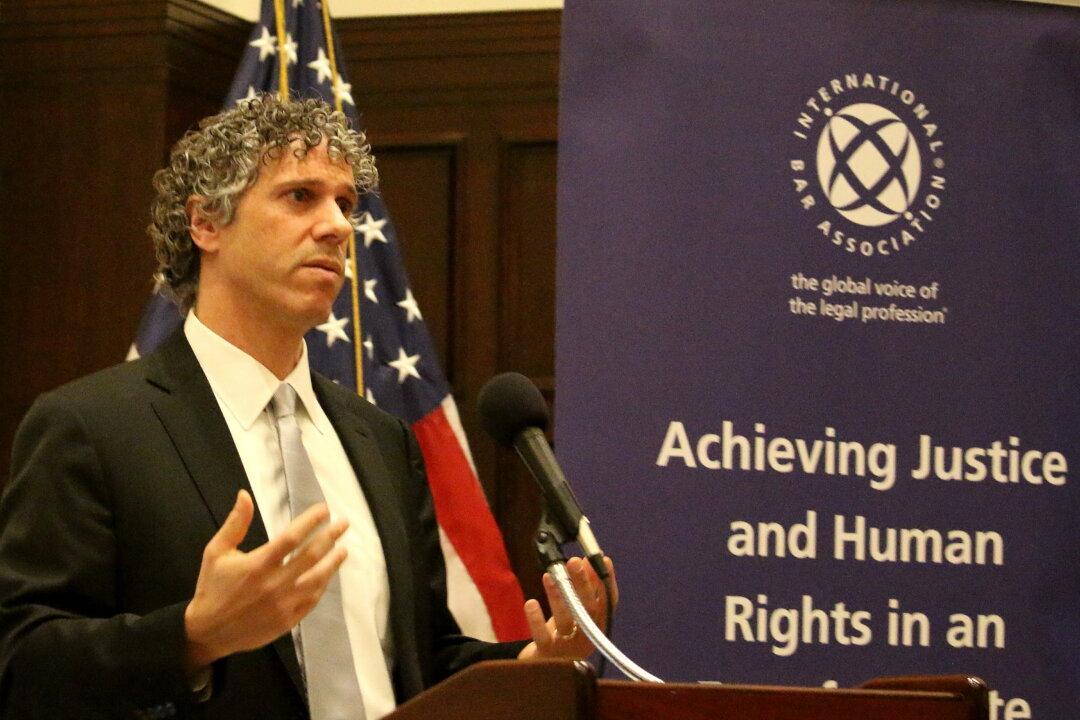WASHINGTON—“Climate justice” is a new concept that is making inroads globally among policy makers and lawyers. The term itself was probably first introduced by Mary Robinson, United Nations Secretary-General’s special envoy for climate change, in Oct. 2012, in Dublin at the International Bar Association (IBA)’s annual conference.
Her assumption shared by many in the legal profession is that every individual, community, and nation is entitled to live in a safe and healthy environment. Global climate change is unfolding rapidly, and frequently, tragically, before our very eyes.
President Barack Obama addressed the issue in September before the United Nations. “There’s one issue that will define the contours of this century more dramatically than any other, and that is the urgent and growing threat of a changing climate.”
Climate Change Refugees
However, climate changes don’t affect us all the same. Droughts, flooding, extreme weather, and storms are impacting some people, communities, and nations more adversely than others. For this reason, policies to mitigate the harmful effects of climate change or adapt to climate changes have justice implications.
For example, the Maldives, consisting of nearly 1200 islands in the Indian Ocean, 200 of which are inhabited, are expected to be inundated by the sea. Sadly, the people of Maldives will likely have to abandon their homeland. The Maldives’ highest natural point on the islands is only 7.5 feet high, which is the lowest of any nation. The average height is only 5 feet. The sea has risen 8 inches in the last century and estimates are that it will rise nearly two feet more by 2100.




